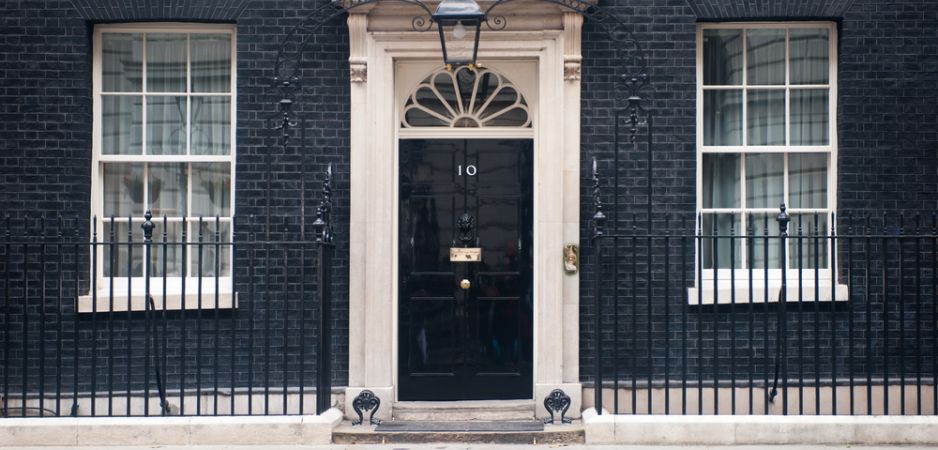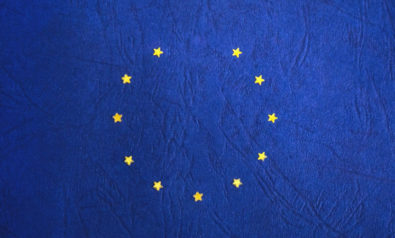London could lose its status of a global financial hub if there is a Brexit. Who would win the business that the British capital would lose?
There are multiple sub-scenarios in the aftermath of a Leave vote on June 23. In almost all of them, however, London would lose business as a global financial center. Part of its unmatched position as a hub for international financial services is linked to its membership of the European Union (EU) and corresponding access to the EU internal market. Non-European banks, especially American ones, use London as a beachhead into the single market, and many euro-area banks centralize their EU wholesale markets activities there.
The EU “passport” concept of mutual recognition among supervisory authorities works smoothly for investment banking activities. The EU framework provides strong legal protection against regulatory fiat, as was illustrated when the European Court of Justice in March 2015 rejected the European Central Bank’s “location policy,” intended to force clearing houses to move their euro-denominated operations from London to the euro area. The access and protections would disappear if the United Kingdom was to withdraw from the internal market.
Most non-UK-headquartered large financial institutions are actively working on post-referendum plans, and take the possibility of a Leave vote seriously. For understandable reasons, they do not communicate about this planning work and its conclusions. But early indications suggest that their moves following a Leave vote could be quick and significant, given the likelihood that the United Kingdom would enter a prolonged period of high uncertainty. An order of magnitude of one-third of activity potentially relocated outside of the United Kingdom does not appear far-fetched.
The next obvious question is about who would win the business that London would lose. Inside the European Union, some have expectations that, since Germany and France would be the largest remaining countries, Frankfurt and Paris would be best placed to gain.
But this ignores the incentives for financial firms to go to the most finance-friendly places, and there are a number of them in Europe. A rule of thumb of finance-friendliness is provided by the European Commission’s ill-starred proposal of a Financial Transaction Tax (FTT), whose adoption only a minority of EU member states are considering. FTT doubters such as Denmark, Ireland, Luxembourg, the Netherlands and Sweden are more likely to attract business from London than FTT supporters, including France, Germany or, for that matter, Belgium.
But even bigger transfers could happen outside the EU, and specifically to the United States. On almost any measure, London and New York are by far the world’s two largest financial centers. US authorities have acknowledged London as a preferred entry point into the European Union for American financial firms, and have built strong working relationships with UK financial regulators over the years. But once the bilateral link with London is no longer part of the larger relationship between the United States and the European Union, one can expect a more competitive stance to favor NewYork as the best place to do international financial business.
Even more difficult to assess, but arguably also even more substantial, is the opportunity cost of a Brexit. London would have a lot to gain from the continuation of EU financial integration. A Banking Union, even in its current halfway form, will lead to the opening of more financial business to cross-border competition across the EU, and so will any concrete moves in the direction of the European Commission’s vision of a Capital Markets Union. But if the UK is no longer in the EU, it will not be able to reap as much advantage from these future developments as it has in the past steps of EU integration.
*[This article was originally published by The Peterson Institute and Bruegel.]
The views expressed in this article are the author’s own and do not necessarily reflect Fair Observer’s editorial policy.
Photo Credit: Drop of Light / Shutterstock.com
 We bring you perspectives from around the world. Help us to inform and educate. Your donation is tax-deductible. Join over 400 people to become a donor or you could choose to be a sponsor.
We bring you perspectives from around the world. Help us to inform and educate. Your donation is tax-deductible. Join over 400 people to become a donor or you could choose to be a sponsor.
Support Fair Observer
We rely on your support for our independence, diversity and quality.
For more than 10 years, Fair Observer has been free, fair and independent. No billionaire owns us, no advertisers control us. We are a reader-supported nonprofit. Unlike many other publications, we keep our content free for readers regardless of where they live or whether they can afford to pay. We have no paywalls and no ads.
In the post-truth era of fake news, echo chambers and filter bubbles, we publish a plurality of perspectives from around the world. Anyone can publish with us, but everyone goes through a rigorous editorial process. So, you get fact-checked, well-reasoned content instead of noise.
We publish 2,500+ voices from 90+ countries. We also conduct education and training programs
on subjects ranging from digital media and journalism to writing and critical thinking. This
doesn’t come cheap. Servers, editors, trainers and web developers cost
money.
Please consider supporting us on a regular basis as a recurring donor or a
sustaining member.
Will you support FO’s journalism?
We rely on your support for our independence, diversity and quality.

































